As an executive in transition it can be unnerving to find yourself out of work, whether it’s due to a restructure or for personal reasons, being on the hunt for a new opportunity can seem overwhelming. Today’s reality is that the rules are changing faster than most of us can keep pace with, and what used to be simple has become complex. A couple of decades ago an executive in transition had a simple path to find their next opportunity. Fast-forward to present day, and there’s nothing simple about it, it seems downright daunting. So how does an executive in transition find their next gig? Here are 4 tips to get you started.
Tip #1 – Make Sure You Have A Fantastic Resume
Step one is a fantastic resume. You don’t necessarily need to hire a professional resume writer to achieve an outstanding result, there is plenty of information on the internet including sample formats and free templates. The hard work is the content: sitting down and capturing who you are, your experience and your greatest career accomplishments in a concise document, can seem intimidating however it can be a great exercise. By forcing yourself to reflect on your career to date, you will become reacquainted with successes you may have forgotten about, ensuring you are better prepared to answer a breadth of interview questions with factual examples. Chronological resumes are still favoured and should emphasize the measurable results of your accomplishments whenever possible. Once complete, send it out to a few people in your network and ask for feedback before submitting any applications. If you do choose to get some help in creating a refreshed resume it should be accomplishment focused and be sure to know the contents.
Artificial intelligence brings a new twist to writing a resume. While the tried and true method detailed above is still applicable for executives connecting directly with their network on opportunities, if you are applying to an opportunity through a web portal or other electronic posting your approach needs to change. Be sure to include key words from your industry and from the position profile for the role you are applying for. This will ensure the key words are picked up and your resume is flagged for review.
Tip #2 – Prepare To Answer Tough Interview Questions
As an executive in transition you are now on the other side of the table, this is a new perspective for you. All those questions you asked candidates as you considered them for your team, are now the questions you will be asked. As an executive, you know what fellow executives are looking for, perspective, context, situation, and results. Highlight credible tangible results that you can substantiate with examples of how you delivered those results and be succinct. First you need to pass the screening of the front line. Recruiters and hiring managers can be tougher on candidates who are unemployed. Make sure you are comfortable discussing your reasons for leaving your previous position(s). It is important to be factual, concise, transparent, and genuine when asked about your departure. If you are still working through feelings in relation to your transition, it will come across in your interview and detract from the relevant experience, skills and qualifications that make you a great candidate for the role. Always be honest. If the departure was not a company wide initiative beyond your control, but down to fit, that’s ok. We’ve all made mistakes and the ability to reflect and communicate what you have learned and what you would have done differently a second time round is invaluable. Simply put, if you’re not comfortable with how you parted ways, the person on the other side of the table will also not be comfortable.
Tip #3 – Optimize your LinkedIn Profile
As an executive in transition, it is essential to optimize your LinkedIn Profile to ensure that you are appearing in relevant searches a recruiter is running. For a recruiter, LinkedIn is basically a global database of 700 + million potential candidates and you want your profile to be found. In addition to using traditional search methodologies an executive recruiter will use LinkedIn as an additional source for talent. With so many profiles available, recruiters will use keywords and Boolean searches to narrow down the candidate pool. It is critical that your profile contain relevant keywords for the type of role you are targeting in order for your profile to appear in search results. Recruiters will start with a broad search based on job title and geographic location and will then narrow the results further by skills and keywords. Think strategically about the job you’re targeting and ensure your LinkedIn profile includes those keywords. Take the time to fill out your LinkedIn profile including the skills section. Create a headline that lets recruiters know you are seeking a new role, leave platitudes behind and be specific about the job you are targeting. Make sure you have filled out the “Show recruiters you are open to work section” and updated your contact information.
Tip #4 – Network with a Plan
Networking without a plan is like searching for a needle in a haystack. Make a plan and work your plan. Start by identifying companies that interest you, layer that with geographies that make sense for you and use LinkedIn to structure your own search strategy. Who in your network is connected to companies that you are interested in? What companies have those people previously worked for and would you add these companies to your target list? While face to face meetings, lunches and coffees are mostly off limits during the pandemic, think of other meaningful ways to connect. Phone calls are better than emails and virtual meetings are better than phone calls. People are however experiencing virtual meeting / video fatigue and are tending to only be open to virtual meetings when there is a specific goal or a collaboration required. Remember successful networking isn’t really about you, it is about building mutually beneficial relationships. Be specific with your ask and be sure to also give. Once you’ve found your next opportunity, thank anyone who helped you along the way, pay forward the kindness you received and continue to nurture your network. The process of searching for a job can be a humbling one but stay positive, be authentic and proactive and you will land that fantastic new role!




